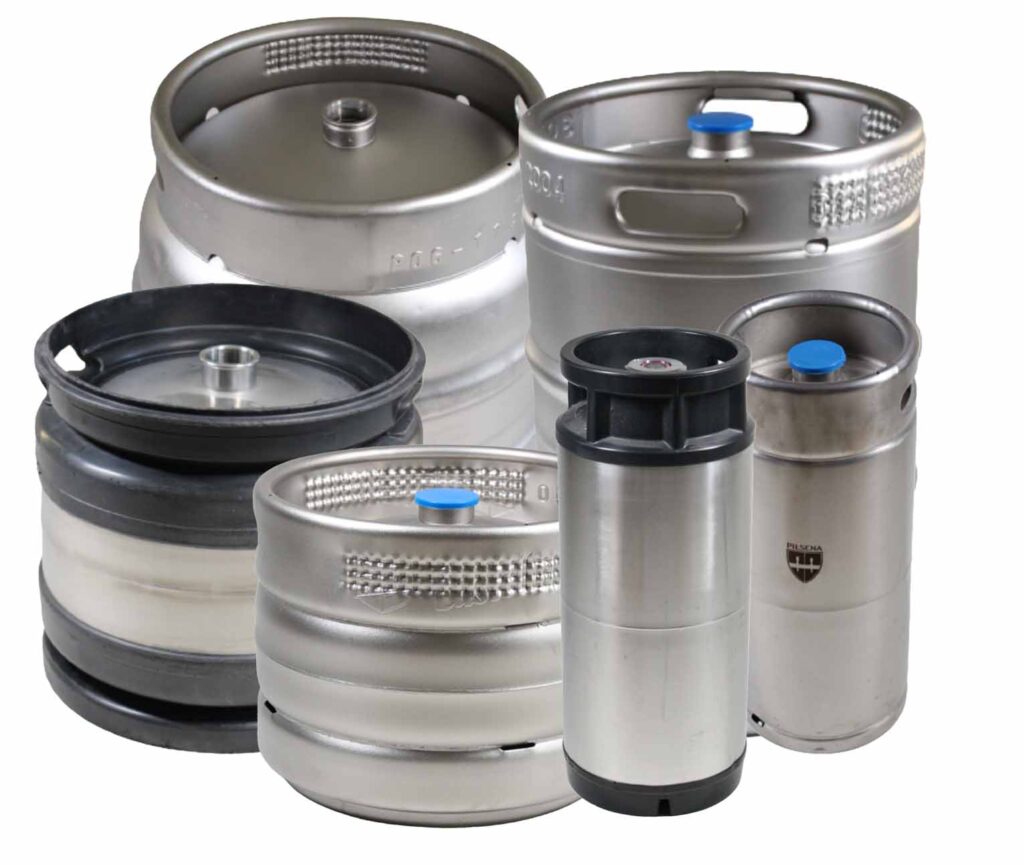Selecting the right keg for your brewery or home bar is a crucial step in ensuring your beer is stored and served optimally. With various keg sizes and types available, making the right choice can be overwhelming. Here, we’ll provide tips and advice on selecting the appropriate keg size and type to suit different needs, focusing on European standards.
Understanding Keg Sizes
Kegs come in several standard sizes, each suitable for different purposes. Here are common sizes in Europe that you can find in Used Kegs store:
- Slim Kegs (10 liters):
- Compact and space-efficient.
- Great for smaller venues or home bars where space is limited.
- Allows for offering a variety of beers without needing large storage space.
- Euro Kegs (30 liters):
- Commonly used in both commercial and home brewing settings.
- Holds a substantial amount of beer without being too bulky.
- DIN Kegs (50 liters):
- Widely used in commercial breweries and bars.
- Holds a significant volume, making it ideal for high-volume settings.
- Finn Kegs (25 liters):
- Suitable for medium-sized events or bars.
- Balances between capacity and manageability.
Choosing the Right Keg Type
When selecting the appropriate keg for your needs, consider the following factors:
- Volume Requirements:
- Assess how much beer you need to store and serve. For home bars and small gatherings, mini kegs or Cornelius kegs are usually sufficient. For larger events or commercial use, Euro, DIN, or Finn kegs may be more appropriate.
- Space Constraints:
- Consider the space available for storing and serving your kegs. Mini, Slim, and Cornelius kegs are compact and fit well in smaller spaces. For larger spaces, Euro or DIN kegs can be used efficiently.
- Dispensing System Compatibility:
- Ensure the keg type you choose is compatible with your dispensing system. Cornelius kegs are versatile and can be used with various home brewing systems, while commercial establishments may require specific keg types to match their existing setup.
- Beer Variety:
- If you plan to offer multiple beer varieties, consider using smaller kegs like Slim kegs. This allows you to serve a diverse selection without needing large storage space.
Additional Tips
- Used Kegs: Purchasing used kegs can be a cost-effective option, especially for home bars or small breweries. Ensure the used kegs are from reputable suppliers and have been inspected and refurbished.
- Maintenance: Regularly inspect and clean your kegs to maintain beer quality and ensure longevity.
- Transport and Storage: Consider the ease of transport and storage. Mini kegs and Cornelius kegs are portable and easy to move, making them ideal for home brewers and small gatherings.
Conclusion
Choosing the right keg for your brewery or home bar involves considering your volume needs, space constraints, dispensing system compatibility, and beer variety. By understanding the different keg sizes and types, including European standards, you can make an informed decision that ensures optimal storage and serving of your beer. Whether you opt for new or used kegs, the key is to select a solution that aligns with your specific requirements, ensuring a great beer experience every time.
For more insights on selecting the perfect keg and exploring high-quality used kegs, feel free to reach out. We’re here to help you make the best choice for your brewing or serving needs.

